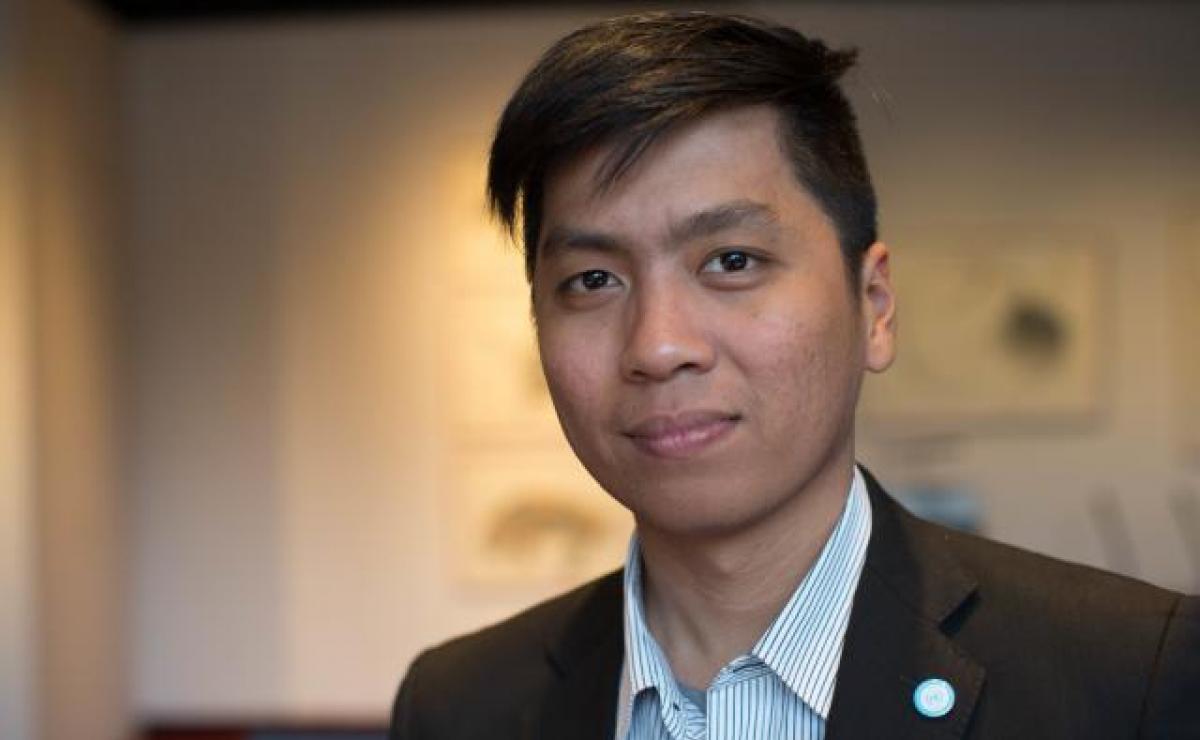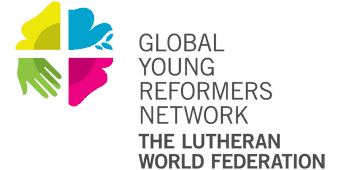“Climate justice and interfaith dialogue should be connected”

Interview with COP23 delegate Daniel Sinaga from Indonesia
(LWI) – “Climate justice is a common challenge to all of us,” says Daniel Sinanga, a member of The Lutheran World Federation delegation to the COP23 climate conference. The 25-year-old theologian comes from the Protestant Christian Batak Church in North Sumatra, Indonesia. Lutheran World Information spoke to him about his engagement in the issue of climate justice and his experience of participating in COP23 with the LWF delegation.
In which ways is your church engaged in climate justice?
In Indonesia, we have been experiencing an increase in droughts as well as floods. The weather has become more unpredictable which has a massive impact on farming activities.
My church has a department for diakonia which also hosts a center for community development. Here we are helping farmers to practice sustainable agriculture and stop deforestation to mitigate climate impact. This includes producing and using bio fertilizers or cultivating rice that is less dependent on water. Land use and deforestation are major climate issues in my country.
To utilize renewable energy sources, my church has set up a biogas plant which uses animal dung to produce energy. This initiative has been implemented in several places including seminary, church and institutions. This community development has been working remarkably for years to achieve integrated agriculture.
What are your impressions from COP23 – what are you taking back home to your church?
What I take home is the idea that climate justice is a common challenge to all of us, particularly as people of faith.
In the first week of the COP23 we joined the presentation of a multi-faith statement titled “Walk on Earth Gently”. It is an invitation to promote sustainable lifestyles. During this action, I met Mrs. Nana Firman, the Muslim Outreach Director of an organization called Greenfaith. She is Indonesian as well and I managed to get a video statement from her which I posted to my website. She implores that people of faith shall work together in promoting the sustainable lifestyle, by reducing household emission, plant-based diet, and transportation’s carbon print.
In my church, we are involved in multi-faith dialogue. Living together as people of different faiths is very important for peace and reconciliation in our country. But I think that climate justice and interfaith dialogue should be connected. We should not only talk about theological issues but also about our common challenge to achieve climate justice. Faith groups might be able to bridge the gap between civil society and government level.
What is your personal involvement regarding climate justice?
In 2014, I decided to ride my bicycle instead of using a motorcycle or a car as a means of transport. Because of the hot weather and the dense traffic there are not many people who do that and I heard quite a few skeptical comments when I started out.
In 2015, when I joined the LWF’s Global Young Reformers Network, I started the project “Cycling for the Climate”. I was studying theology at the time and the aim was to encourage fellow students to also change to riding a bicycle. Young people can be agents of change and pastors are role models for their congregations – that is what I am counting on to influence people.
The LWF delegation to COP23 is formed by ten young adults from the three European regions and from the Asia region. The conference is held in Bonn, Germany, under the presidency of Fiji from 6 to 17 November.
The Protestant Christian Batak Church was organized as an independent church in 1930 and - with 4.5 million members - constitutes the largest Lutheran church in Asia. It developed from the work of missionaries of the Rhenish Mission Society, Germany.
